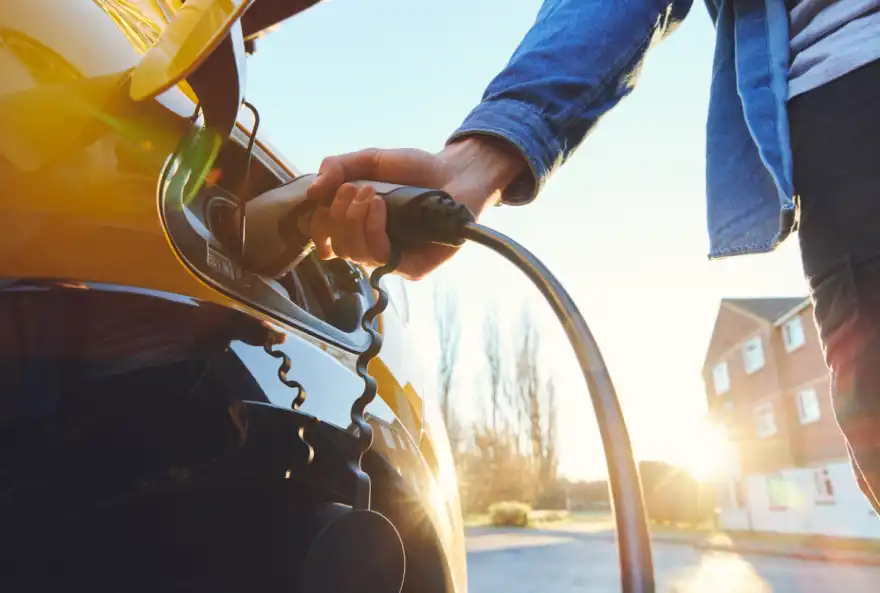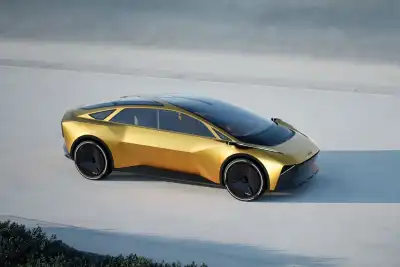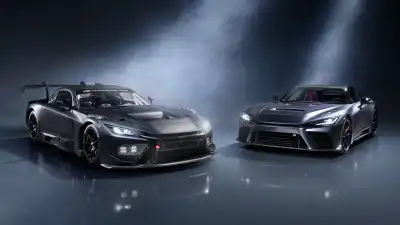
The government has confirmed that sales of certain new hybrid cars will be allowed until 2035, but emphasised that this doesn’t change their commitment to banning petrol and diesel cars by 2030.
Ministers plan to reintroduce the 2030 ban on new petrol and diesel-only cars, which was dropped by Rishi Sunak last year. A decision is still pending on which hybrid cars will be permitted, with input from car manufacturers and other stakeholders.
A report in the Daily Telegraph over the weekend suggested the government might walk back on the 2030 ban, but the Department for Transport responded, saying: "This is untrue as we have always been committed to restoring the original 2030 phase-out date for the sale of new cars with pure internal combustion engines.
“The original phase-out date included the provision for some hybrid vehicle sales between 2030 and 35. We know it is important to provide certainty and stability for drivers and will set out further details in due course.”
Meanwhile, carmakers have been lobbying hard to extend petrol sales, as the demand for electric cars has slowed after years of rapid growth. This has led to price cuts and reduced profits. In August, 22.6% of car sales in the UK were electric—the highest since December 2022. Many experts expect electric car sales to rise as manufacturers work to meet the zero-emissions vehicle (ZEV) mandate.
Labour’s manifesto promises to provide “certainty to manufacturers by restoring the phase-out date of 2030 for new cars with internal combustion engines”.
However, the manifesto didn’t specify if hybrids were included. Hybrids combine a petrol engine with a smaller battery, and while they tend to produce fewer emissions than petrol-only cars, pure electric vehicles are much more environmentally friendly over their lifetime.
For most drivers, the exact rules on hybrid sales won’t have much impact, since 80% of manufacturers’ cars must be electric by 2030 under the ZEV mandate. However, allowing hybrids beyond 2030 could be important for carmakers with UK factories, like Toyota, which opposes a total hybrid ban and will decide in 2027 whether to upgrade its Derbyshire plant to electric production.
Do you think allowing the sale of hybrid vehicles until 2035 is the correct move? Let us know your thoughts in the comments below...


